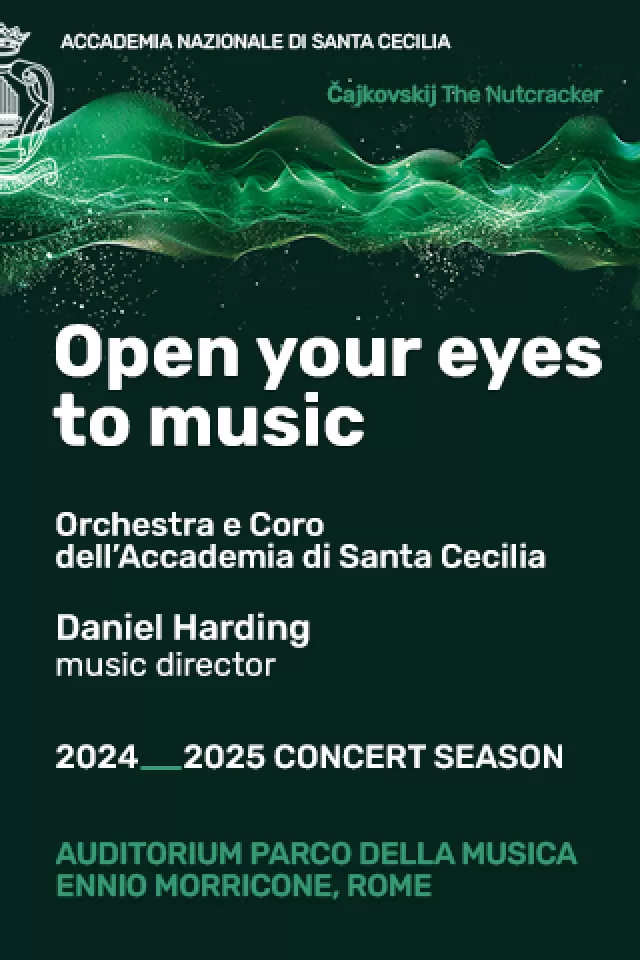Rome takes action after Italy bans self check-in for short-let rentals.
Rome police officers have begun removing key boxes on streets around the capital after Italy's interior ministry issued a ban on self check-ins for short-let holiday rentals.
The decision by the ministry was taken on security grounds, in light of the huge influx of visitors expected for the Vatican's upcoming Jubilee Year, with all tourists now required to check-in in person.
The order does not explicitly ban key boxes, widely used by tourists to independently gain access to their short-term rental, however they have effectively been banned for tourism purposes.
The crackdown by the ministry has prompted Rome authorities to take matters into their own hands, reports Il Messaggero, with a "two-pronged strategy" that involves police as well as local residents and administrators of apartment blocks.
In cases where holiday rental websites flout the law by continuing to offer their guests an independent check-in method, police will remove the key boxes in question.
Residents can also report the illegal use of key boxes for short-let rentals in their apartment building, under penalty of their condominium being hit with a fine.
Sanctions
"We will intervene to remove the padlocks in public spaces, while in private spaces a direct sanction will be issued to the condominium" - Rome tourism councillor Alessandro Onorato told Il Messaggero.
"We are absolutely ready to collaborate" - said Viviana Di Capua, president of the Association of Historic Centre Residents - "After all, who better than us knows and experiences this situation first-hand every day? There is a need to send a signal immediately: residential communities must be respected and condominium administrators, on this front, must do their job".
Earlier this week Rome mayor Roberto Gualtieri hailed the ministry's crackdown "as good news for everyone", viewing it as the end of the key boxes that "disfigure our streets and prevent adequate security checks".
Blitz
On Wednesday the city's municipal police used metal cutting tools to remove key boxes on several streets around the Circus Maximus, La Repubblica reports, leaving behind notices that said: "Key box removed and seized, report to the Polizia locale".
The police operation was "welcomed with joy" by local residents, according to La Repubblica, with one such action taking place on Via di San Teodoro, scene of a recent blitz by anonymous activists styling themselves as "Robin Hood" who sabotaged key locks in protest against an "out of control phenomenon".
Mixed reaction
The move by the city was slammed by Lorenzo Fagnoni, president of Property Managers Italia, an association of entrepreneurs in the tourist rental sector.
“The decision to remove keyboxes with bolt cutters, as is happening in Rome these hours, is a political move to gain publicity" - Fagnoni said in a statement sent to Wanted in Rome - "It won’t solve any of the problems experienced by the citizens of the centre”.
Fagnoni said he could understand the sense in removing keyboxes for aesthetic reasons "but not in the impetuous, not to say violent, way" it is being carried out by the city administration.
"Keyboxes are not just for guests to self check-in" - Fagnoni added - "There are multiple perfectly legitimate uses: some use them for cleaning staff, some to leave an emergency key in case a guest who has already checked-in in person gets locked out, and some to avoid making the guest wait in the street if they arrive at a time when check-in cannot be done promptly.”
The move also received a mixed reaction on social media, welcomed by some and blasted as "madness" and "illegal" by others.
Many suggested that authorities should focus on other priorities, while one commentator underlined his right to "keep a keybox for myself, for my lovers, for my children, for me who is careless".
The demand for short-term rentals in Rome has seen a growing trend of landlords transforming their properties into tourist accommodation, forcing local residents to move eleswhere and leaving many of them priced out of the market.
This phenomenon has been fuelled largely by the Jubilee Year which begins officially on Christmas Eve and is expected to attract more than 32 million visitors to the Eternal City in 2025.


















